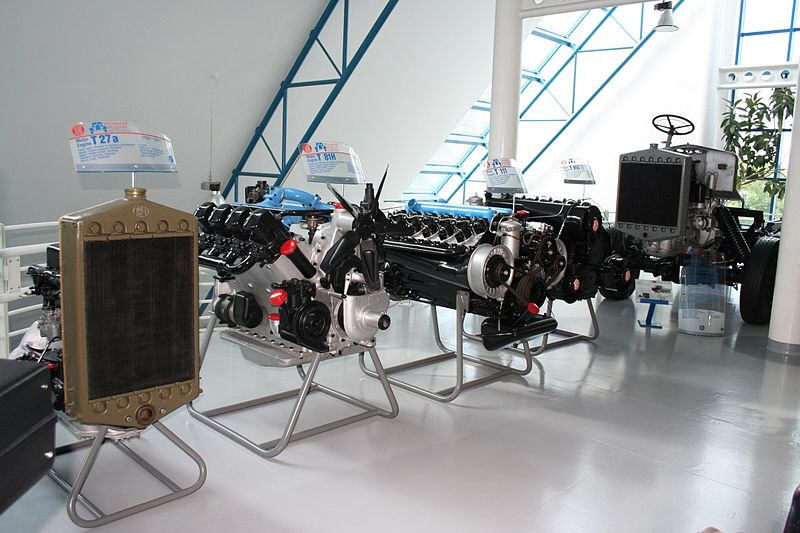|
The Courses 2. Applied Volume Calculations 3. Arithmetic 4. Caustic Soda 5. Chemistry Unit I Chemistry in a Modern World 6. Chemistry Unit II The Organization of Chemistry 7. Chemistry Unit III Water and It's Elements 8. Chemistry Unit IV Chemical Calculations 9. Chemistry Unit V Ionization 10. Coagulation and The Lamella Separator 12. Electrodialysis 13. Filtration 15. Groundwater Pollution, Remediation & Groundwater Sampling Guidance 17. Hydraulics and Electricity 19. Nitrification/ Denitrification 21. pH Measurement 22. Physical/Chemical Treatment of Industrial Wastewater 23. Plating 24. Pumps 27. Sewage Treatment 28. Unit Operations Math and Leachate Treatment 29. Unit Operations Math Module #1 30. Unit Operations Math Module #2 31. Valves 32. Wastewater Characteristics and Wastewater Sampling 33. Wastewater Disposal Options 35. Wastewater Sources (Part 1) 36. Wastewater Sources (Part 2) 37. Wastewater Sources (Part 3) 38. Wastewater Treatment Methods and Disposal 39. Wastewater Treatment Options (Part 1) 40. Wastewater Treatment Options (Part 2)
|
________________________________________________________________________
providing Easy to Learn Wastewater Treatment Correspondence Courses to complete the
requirements to earn annual Training Contact Hours (TCH) and/or Continuing Education Units (CEU). Sign up NOW and complete your annual Wastewater Treatment Operator (WWTO) training requirements! ________________________________________________________________________ The Diesel Engine MA Certification Board File No. BC-2012-2476
TCH: 10 Hours CEU: 1.0 Units Price: $150.00
Contents: History Timeline How Diesel Engines Work
Diesel Engine Types
Spark Ignition Engines
Safety
Diesel Applications
Engine Speeds
Supercharging and Turbocharging Current and Future Developments
|
|
Copyright © 2021 John Falcone ~ Falcone Environmental Services, LLC ~ All rights reserved. |
